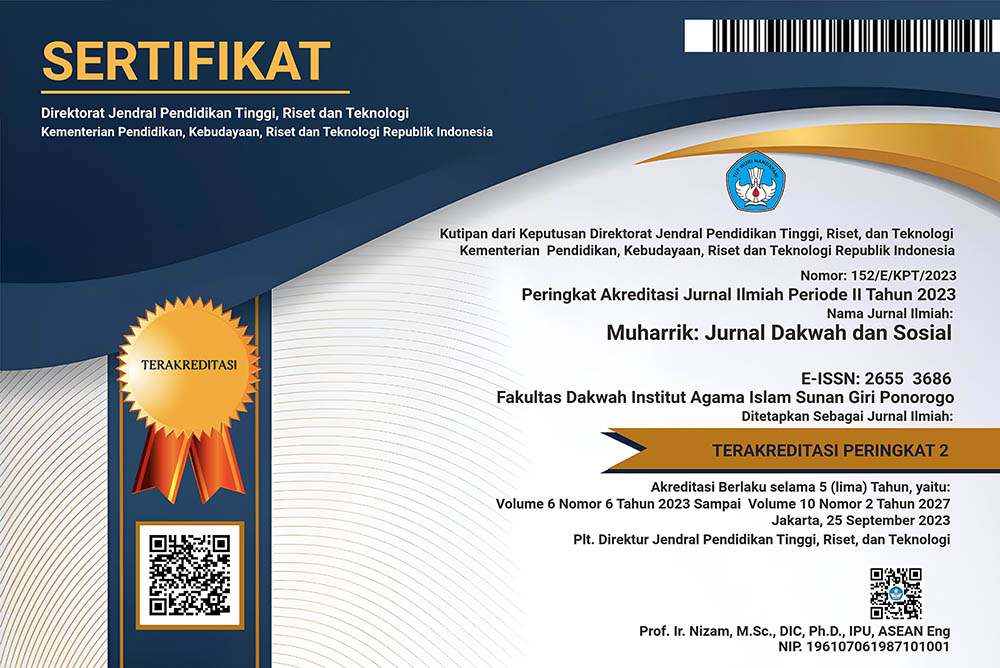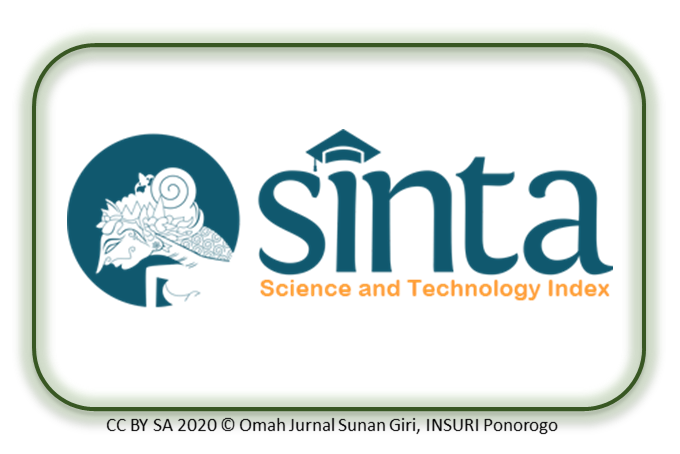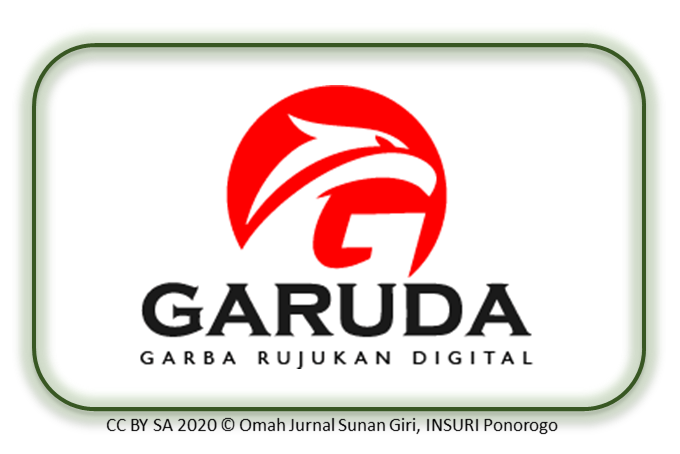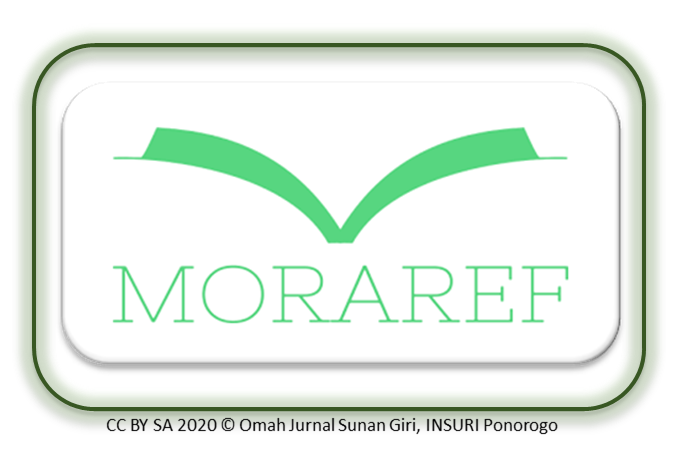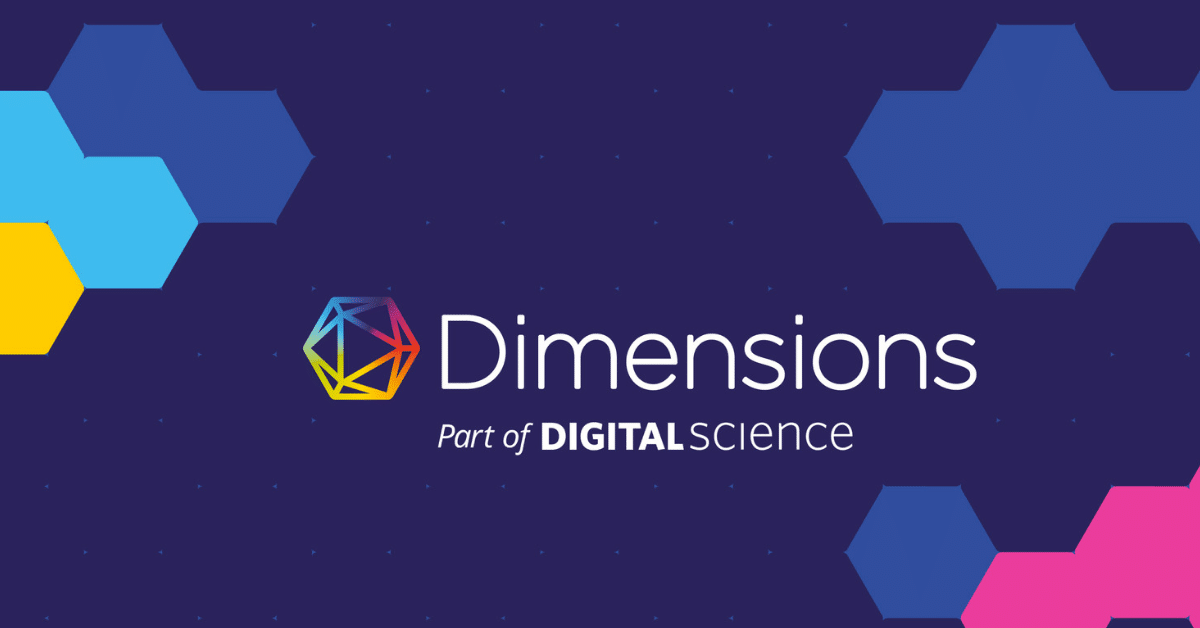Shopee's Digital Communication Strategy in Response to The Lifestyle of Urban Muslims in Indonesia
Keywords:
Digital Communications, Shopee, Lifestyle, Urban MuslimsAbstract
This study aims to determine and analyze the success of Shopee's digital communication strategy in responding to the lifestyle of urban Muslims in Indonesia. This research uses a qualitative approach. The data sources used in this study are documents and information related to Shopee's digital communication strategy, such as advertising campaigns, promotional materials, and company publications. In addition, secondary data obtained from literature studies and previous research relevant to the research topic are also used. The data collection techniques used in this study were literature studies and library research. Data analysis is done by digging deeply into the information in related documents and literature. Based on the discussion points, this study concludes that Shopee's communication strategy has proven to be very relevant and effective in influencing Indonesia's urban Muslim middle class. By considering the cultural elements, religious values, and online behavior typical of this demographic, Shopee created strong relationships with Muslim consumers, increased engagement, and strengthened its brand image as an e-commerce platform responsive to cultural needs and preferences. The communication theories identified, such as symbolic interaction theory and cultural approaches in organizational communication, can provide valuable insights into how Shopee understands and responds to the social and cultural dynamics of the Muslim middle class. By paying attention to these factors, Shopee can continue to develop communication strategies that are more effective and relevant in meeting the needs and desires of Muslim consumers.
Downloads
Published
Issue
Section
License
The author(s) retain/s the copyright and grant/s Muharrik: Jurnal Dakwah dan Sosial the first publication rights licensed under the Creative Commons Attribution-NonCommercial 4.0 International (CC BY-NC 4.0) , which allows others to access (search, read, download and quote), share (copy and redistribute the material in any media or format) and adapt (mix, modify and develop) works for legitimate non-commercial purposes, with recognition of the authorship of the work and its initial publication in this journal.


